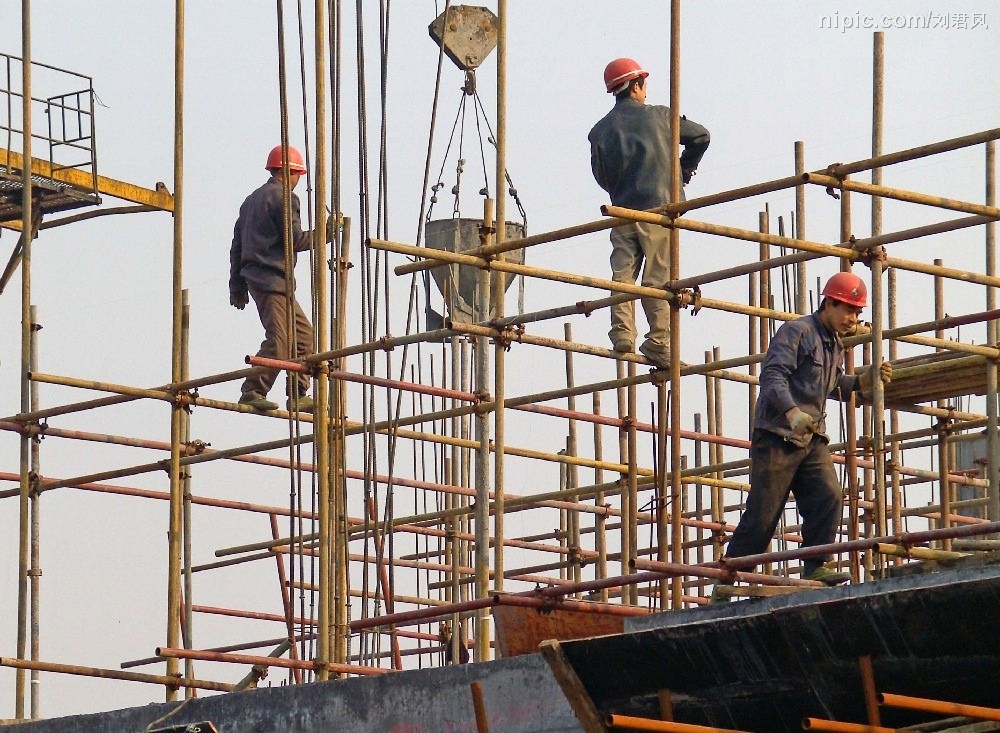China to guarantee migrants access to public services
 0 Comment(s)
0 Comment(s) Print
Print E-mail Xinhua, February 24, 2012
E-mail Xinhua, February 24, 2012
China's central government has pledged to provide equal access to public services for people living in urban areas without proper residential permits.
 |
|
Migrant workers?at a construction site [file photo]? |
The pledge was highlighted in a national guideline on reforming the country's household registration system, which was posted on the official website of the central government on Thursday.
Future policies and measures on essential public services, including employment assistance, compulsory education and occupational training, shall not be based on whether one has a permanent residential permit or not, according to the guideline dated Feb. 26, 2011.
It also requested local and national authorities to revise or abolish existing policies and measures which are inconsistent with that principle.
Under China's household registration system, many urban public services are still only available to registered urban residents within certain administrative regions.
The system was introduced in the 1950s to reduce mobility and maintain social order under a planned economy. However, China's reforms and adaptation to a market economy have resulted in record migration in recent years.
Recent statistics show that the number of migrant workers reached 252.78 million in 2011, with 158.63 million of them leaving the towns they are registered to live in to seek employment elsewhere, usually in urban areas.
The guideline proposes creating a unified household registration system, as well as granting equal access to public services for both urban and rural residents.
The distribution of public resources between urban and rural areas should be balanced to improve living standards and working conditions in rural areas, the guideline said.
The guideline also calls for greater protection for the property rights of rural residents.





